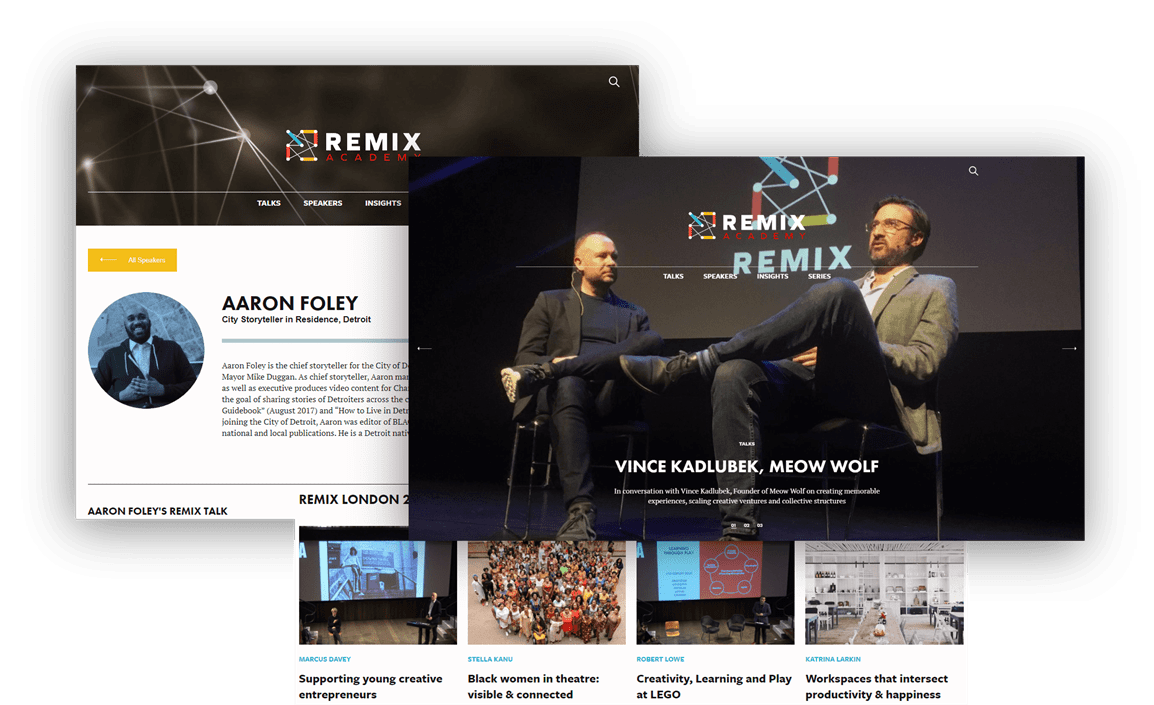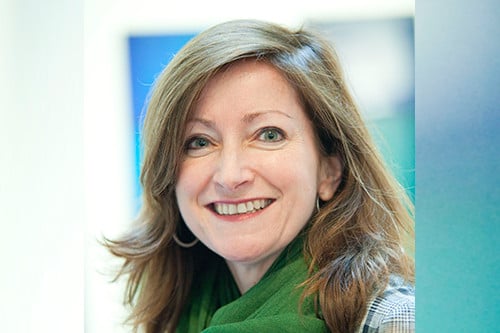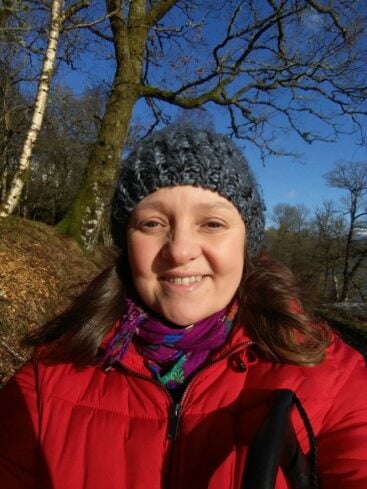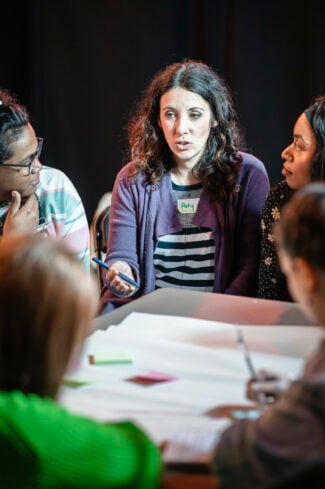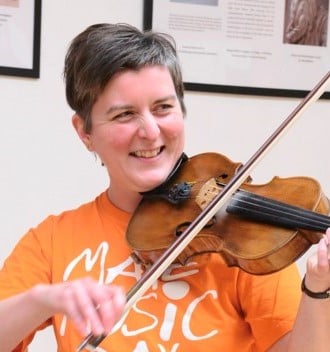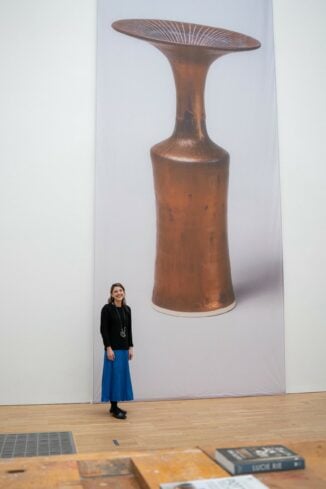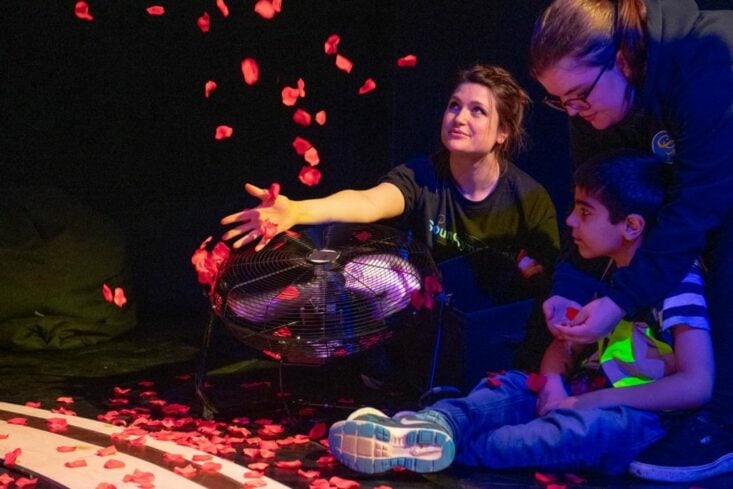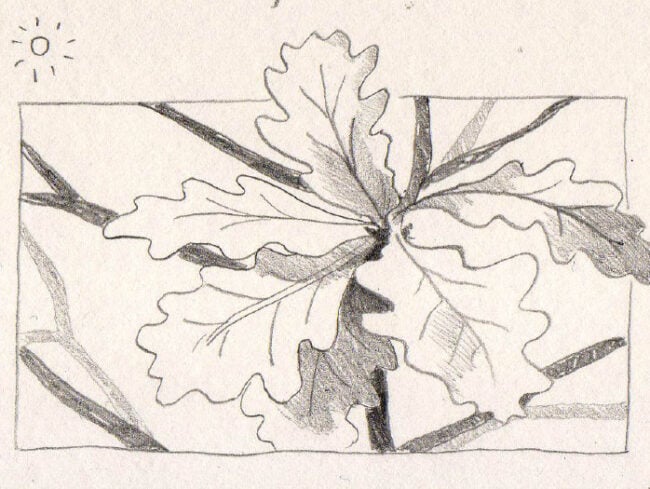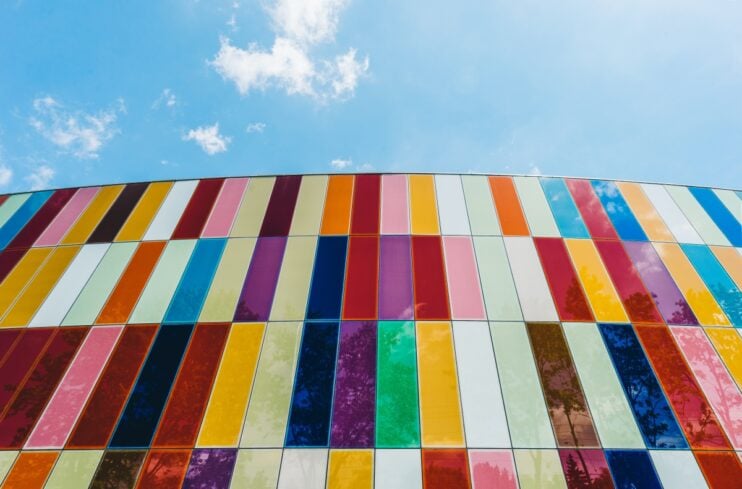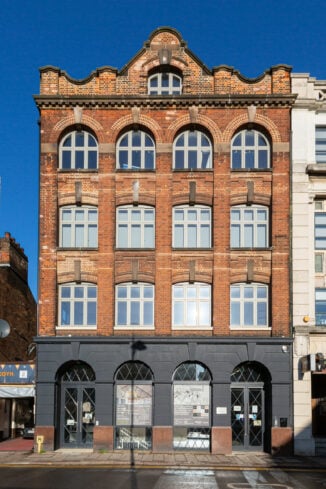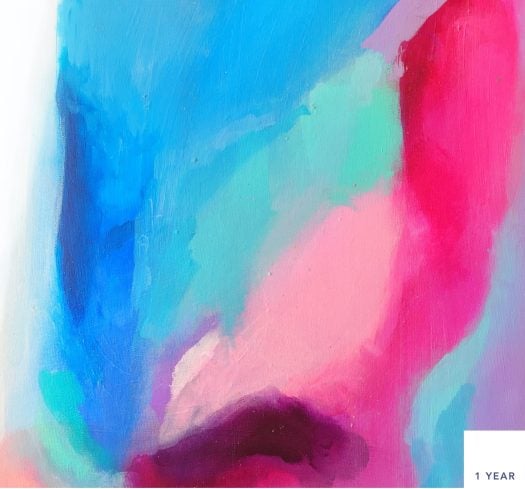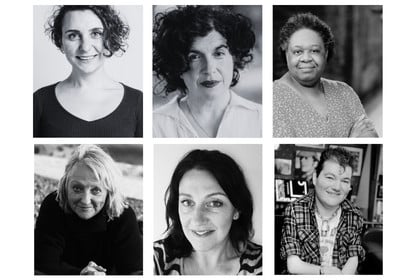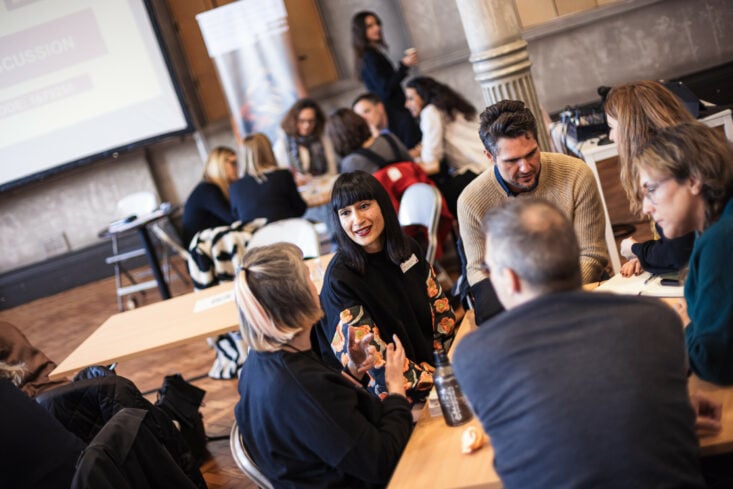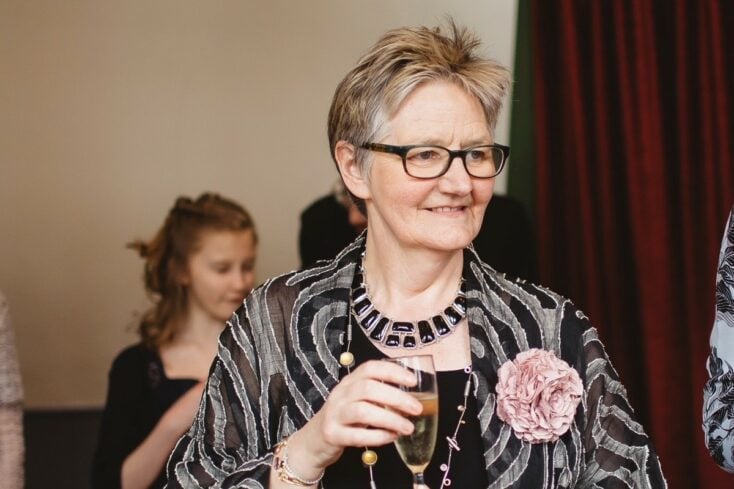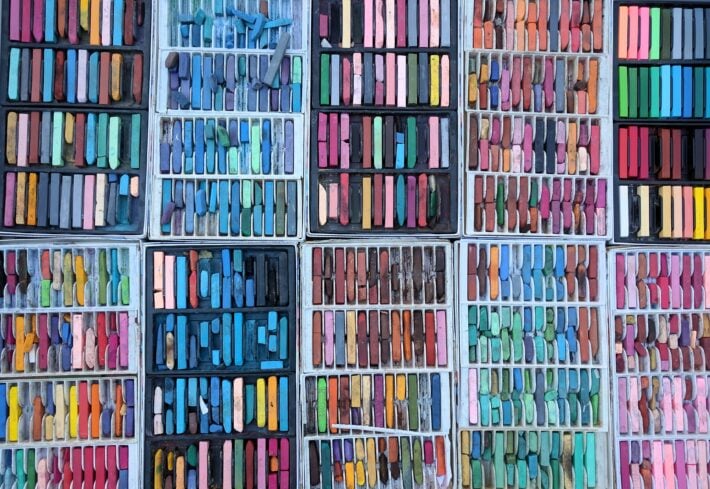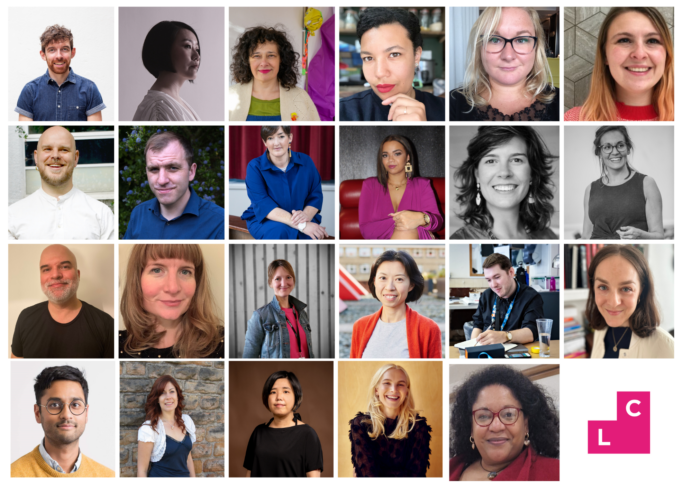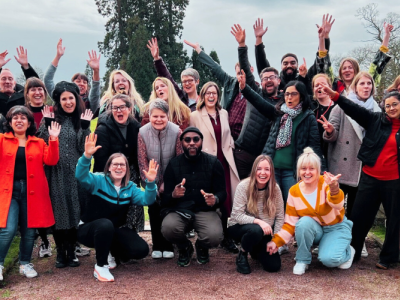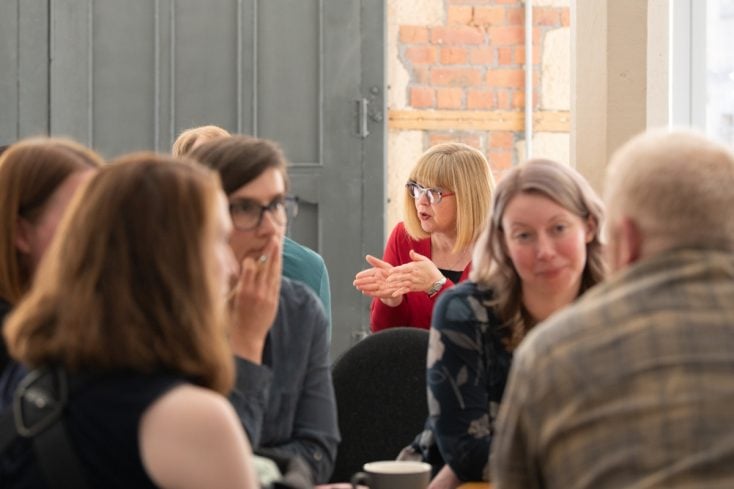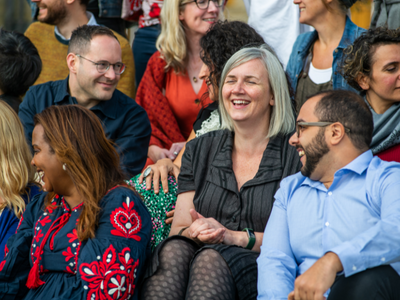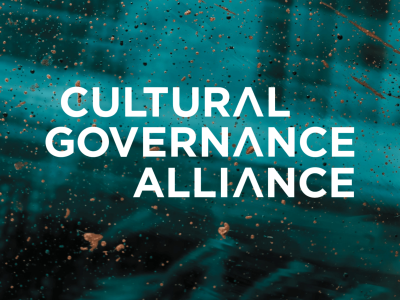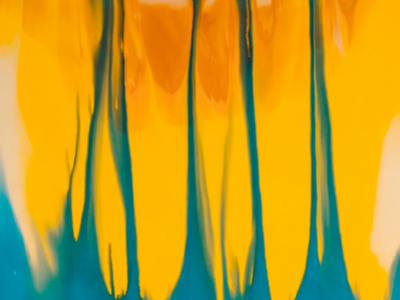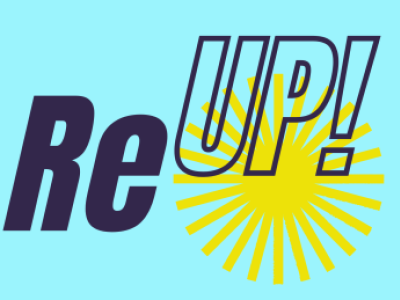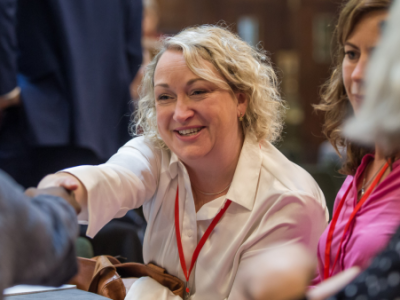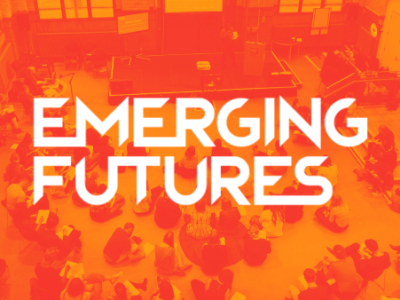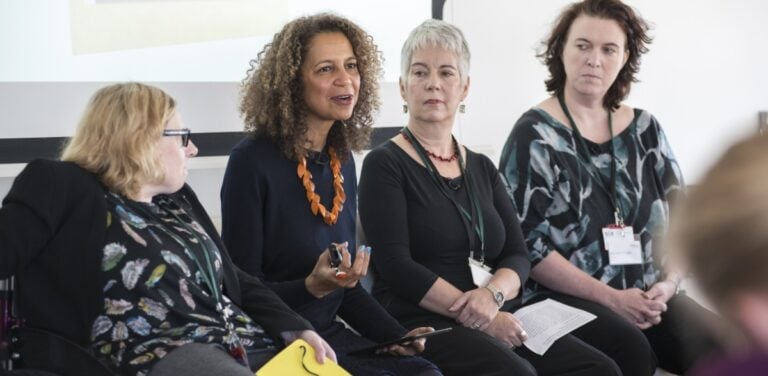Launching the REMIX Academy
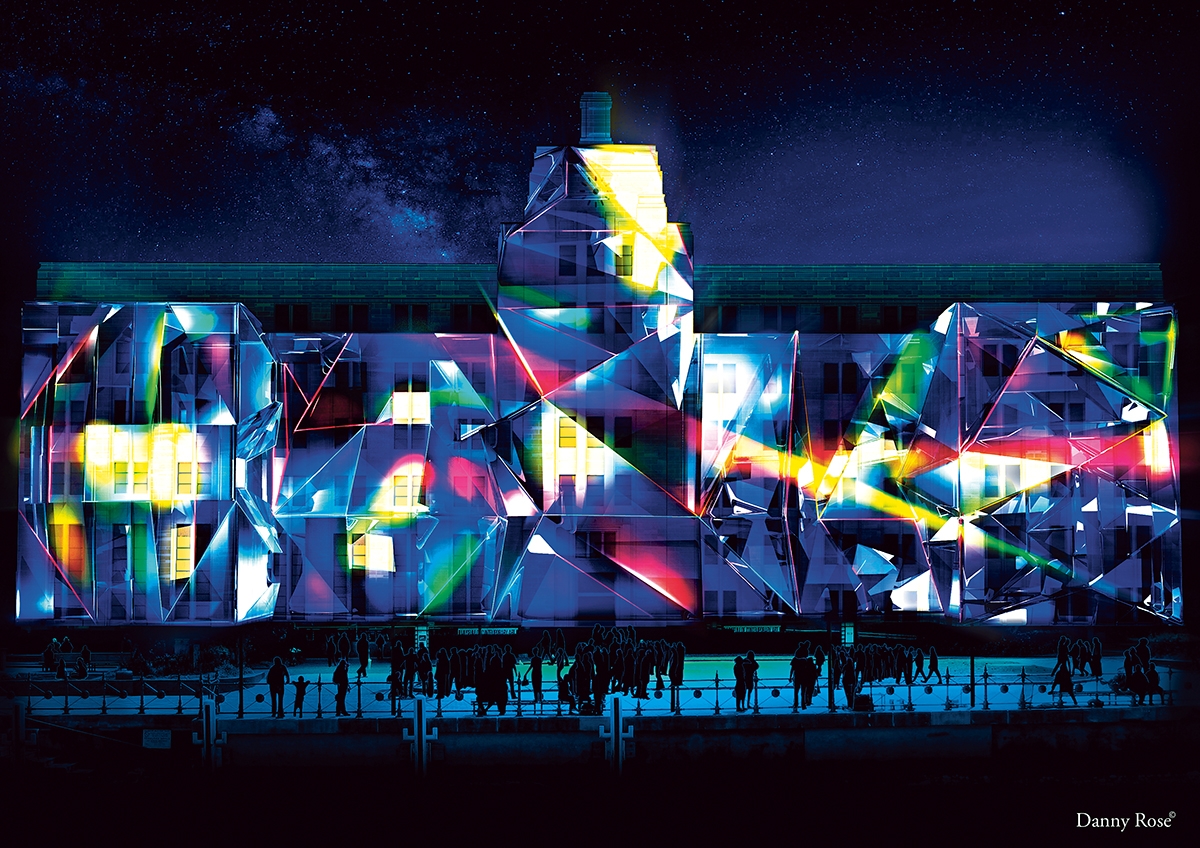
It has been heart-breaking watching the impact of Covid-19 on the creative sector. For me personally, it has been tough. I’m the Co-Founder of REMIX Summits which explores the future of the cultural and creative industries and over 2,000 creative professionals attended the last round of events from London to Sydney. The impact of an unexpected global pandemic was sudden and swift: the heart of REMIX is about physically bringing together creative change-makers, most of our income will be all but wiped out for the next year or so at the very least. REMIX also provides consulting and trend scouting services to a number of major cultural institutions around the world which has cushioned us to an extent – but when their future is also uncertain, there is a clear knock-on effect to all those creative businesses who, in turn, work with them.
That said, I have never been someone who fears change. I’m a creative entrepreneur by nature, having set up a couple of creative businesses including CultureLabel.com (one of the first websites to sell art online) as well as REMIX Summits. There have been plenty of twists and turns on these journeys, as anyone who has developed a startup will understand, and this mindset proved useful in my own response to the pandemic. There was an initial shock, of course, and it was scary to contemplate the implications of an extended lockdown, compounded by fraught conversations with friends and colleagues in the sector whose worlds had been upturned. However, after a long and difficult chat with my friend Simon Cronshaw (the other Co-Founder of REMIX) the part of our brains that seeks to adapt and reinvent kicked in.
We’ve been fortunate in that the pandemic has given us back the gift of time – an incredibly important commodity that can be so easily overlooked. We had been cooking up the idea of a digital platform for REMIX content for some time. However, if I’m honest it was an idea that had been sitting on the back burner forever amidst more urgent priorities and an ever-growing pile of hard drives full of talks. Suddenly the diary was clearer than it had been in a very long time so we pushed the button to make REMIX Academy a reality and it was great to just focus on one thing without the usual distractions. We spent four weeks completing this digital platform to get it live as fast as we possibly could. An important reason for the rapid launch was that we felt it was important not to be silent, but also to produce something that would be of value in such a difficult time. From bootstrapping new creative enterprises on little to no money; to monetising content; to utilising low-cost technologies; to rethinking the user experience from the ground up, to name a few. I believe that REMIX (and more importantly the community that makes up REMIX) is committed to new ideas and approaches and we all felt that people could really benefit from this sort of content in a changing world where nothing may be quite the same again on the other side.
This clear goal and challenging timeframe really energised the team, who worked day and night to edit hundreds of videos. Simon also stepped back into his former life in the dotcom space, that he thought he had left behind after we sold CultureLabel.com, and built a beautiful platform to host the content.
Content
We knew we had some amazing content (REMIX speakers range from the CEO of Burning Man to the Founder of Glastonbury) and with a lot of technology experience in the team we were confident about the design and user experience, but it was important to develop a sustainable business model. It has been great to see the ingenuity and inventive approaches to taking culture online in the last few weeks, but I worry digital is still a sideline for most organisations that could fall away once venues begin to reopen. Time will tell but we wanted this to be an enduring platform that co-existed with our physical REMIX events and the subscription model, popularised by companies like Netflix, felt like the right way to go. This way we could release the 500+ talks in the archive to pull in initial subscribers and keep them engaged by adding the 100+ talks that take place in a typical calendar year of events to the platform so that it stays fresh and gives people a reason to come back. We thought about releasing a digital ticket to conferences which some organisations do and, out of necessity, this might still be a part of a model in the next year or so, but now that we have the REMIX Academy we can integrate the two things so that people hopefully remain engaged with us beyond the event experience.
Model
The Freemium model (as popularised by sites like Spotify) – where you get some content for free but more benefits as a subscriber – also intrigued us. We wanted to give something back to the community at this time and we also felt that many people would be struggling financially, so even though a subscription was low cost it might not still be affordable to some. Serendipitously at the time, we were due to deliver a Trend Scouting workshop for the City of Perth, which had been canceled as a result of the pandemic. Following a chat with the team at the council, we hatched a plan to turn this workshop into something much larger; on top of the planned content REMIX would take this further which has ended up with us developing and filming over 10+ hours of free webinars. As physical experiences have been cancelled globally, arts and cultural organisations both large and small are fighting for survival. Whilst juggling very serious challenges, many are having to explore new technologies, design virtual experiences, find possible new income sources, and keep audiences engaged remotely. The free webinars summarise some of the key trends and step-by-step guides to these issues. We also hope to add more soon through other partnerships we are developing.
REMIX Academy is still at the start of its journey but the initial signs are promising with over 5,000 people signing up in the first few weeks.
We looked hard at the data and listened to our community, which is something I would advise everyone to do. We survey delegates regularly and we could see that once people found REMIX they loved the content, but it was hard for them to attend multiple events in a wide range of international locations, so most delegates tend to settle for their local summit. Yet digital channels can obviously enable someone living in Jakarta to watch our talks in London or New York. Even before Covid-19, people were wanting to travel less, primarily for environmental reasons. Living in Australia now, the January 2020 bushfires were a clear reminder of our responsibilities if we ever needed one.
Our goals
Our goal is as soon as it is safe we want to be there for people – with an awareness that things will be very different from usual in the coming months and years. Environmental trends, technological trends and shifts in the experience economy were already changing the cultural sector and the pandemic is accelerating this at an unimaginable rate. As a sector, we desperately need more public and tailored support for something that has disproportionately impacted us through no fault of our own. However, there is also a clear opportunity to refresh and reinvent – for creative entrepreneurs and the change-makers in our cultural organisations that are already exploring and producing the new models and experiences, for example those designed for small audiences or digital/physical hybrids, to come to the fore. They will also find new approaches in the face of adversity; some of them because that is how they look at the world and others because the alternatives are not something they want to contemplate.
It has been interesting for me that the Clore Leadership intake that I was a part of has really reconnected over the last couple of months. It has been 10-years since the Clore 7’s began their journey and while I regularly caught up with some people from my cohort, it’s fair to say the group as a whole had fragmented. Some people are understandably going through some very tough challenges right now and it is hard for them to see a path, but it has been useful to talk these through as a group and to see how some people are already adapting to radically-changed circumstances. Covid-19 has provided a spark for us to reconnect, so this has been at least one positive from a difficult period.
